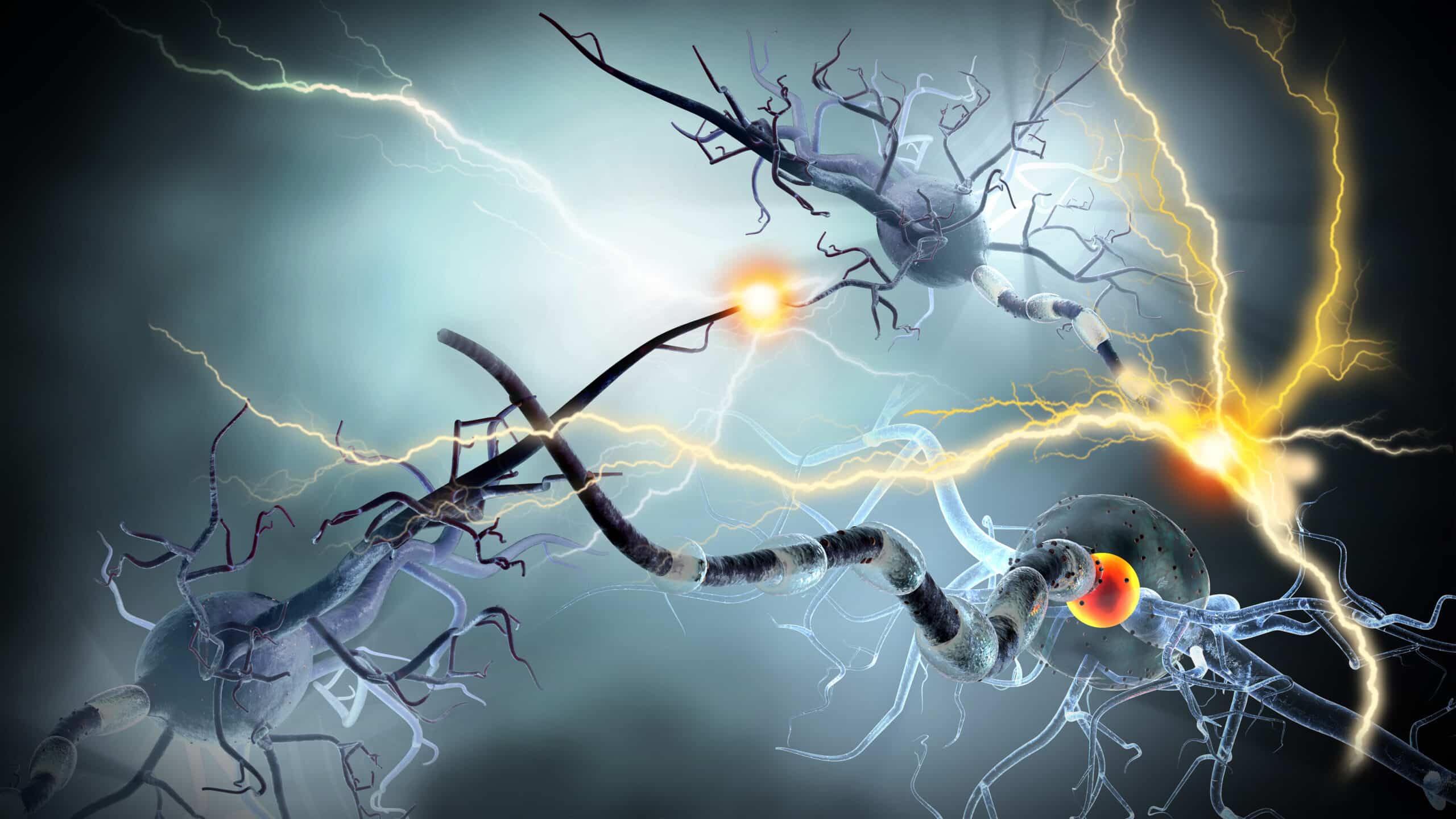This work is supportive for additional studies into longer term neurological consequences of fungal infections in the brain, especially when paired with findings of fungal infections that cause airway allergic disease and sepsis being associated with increased risk for later development of dementia, according to the team.
Fungi is suggested to play roles in human illness potentially going beyond allergic airway disease or sepsis, prompting the team to consider possibility of in some cases fungi being involved in development of chronic neurodegenerative disorder explains Professor David B. Corry, PhD.
Environmental fungi are recognized as causing or contributing to a range of common chronic, cutaneous, and mucosal inflammatory conditions varying from colitis to eczema and asthma. Fungi represent possible major causes of more invasive diseases including sepsis, especially in hospital setting where bloodborne infections with Candida albicans are recognized as a complication of modern medicine, according to the researchers.
Fully invasive candidiasis caused by Candida albicans and related species are emerging as a leading cause of bloodstream infection in nosocomial settings, causing high mortality rates and costs; diagnosis can be difficult, meaning better understandings of all fungal disease pathogenesis, diagnosis, and treatment is an essential medical challenge.
High grade candidemia is lethal to mice and humans, but it is typically low grade in humans. Short term infections are becoming increasingly common, with the long term health effects of transient candidemia not being fully understood. To investigate effects of transient candidemia and Candida cerebritis on the brain to gain better understandings, and investigate the cerebral immune mechanisms that clear such infections mouse models were generated.
Single doses of 25000 Candida albicans yeast cells were injected directly into bloodstreams of young and healthy mice, subsequent infection was tolerated well and did not result in any major abnormalities over short or long term. C.albicans yeast cells were found to cross the blood brain barrier according to the team; and was shown to have caused localized cerebritis among infected animals triggering activation of resident microglial cells; activated microglial and astroglial cells accumulated around yeast cell clumps forming unique granuloma structures containing amyloid precursor proteins within granuloma periphery, and cleaved amyloid beta peptides surrounding the yeast cells themselves.
Yeast triggered activity of microglia in the brain that are resident types of immune cells which became active eating and digesting the yeast, while producing a number of molecules mediating inflammatory responses leading to capture of the yeasts inside granule type structures inside the brain called fungus induced glial granuloma, explains Corry.
Infected mice developed spatial memory problems which disappeared when immune responses naturally cleared infections in about 10 days. The animals further developed memory deficits which are a hallmark of AD, although it is a transient form that resolved with fungal clearance; however even after infection clearance the microglia remained active and FIGGs persisted for 3 weeks from initial infection.
Researchers concluded that transient fungemia in healthy mice has been shown to have important physiological consequences including alteration in working memory; and suggest while individual episodes of fungal infection will be typically transient it is conceivable effects from repeated low grade infections over many years could lead to permanent brain damage and long term cognitive problems.
Single low grade infection is quickly resolved resulting with transient physiological derangement, the broader concern with chronic fungemia is diffuse end organ injury in the central nervous system due to crossing the blood brain barrier which could include neuronal loss and long term progressive cognitive impairment; findings suggest resolution via use of antifungals and other means may preclude or reverse attendant cognitive decline.
New insights of how fungal infections develop and clear will help further development of antifungal treatment strategies; and better understandings of how the immune system deals with threats and weaknesses in immunological armor occurring with age that allow fungal disease to take root will increase the possibility of ways to fight back, adds Corry.




